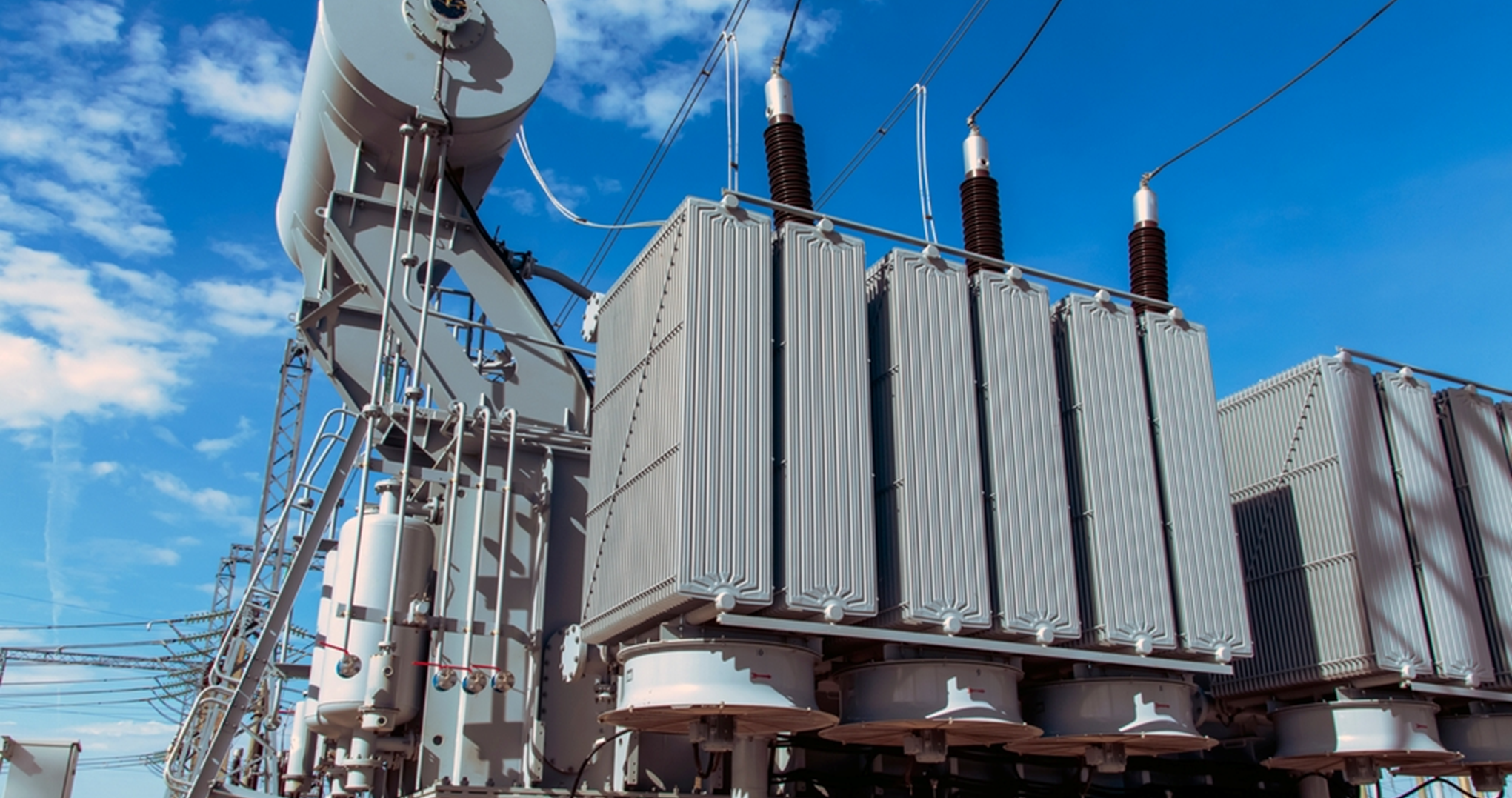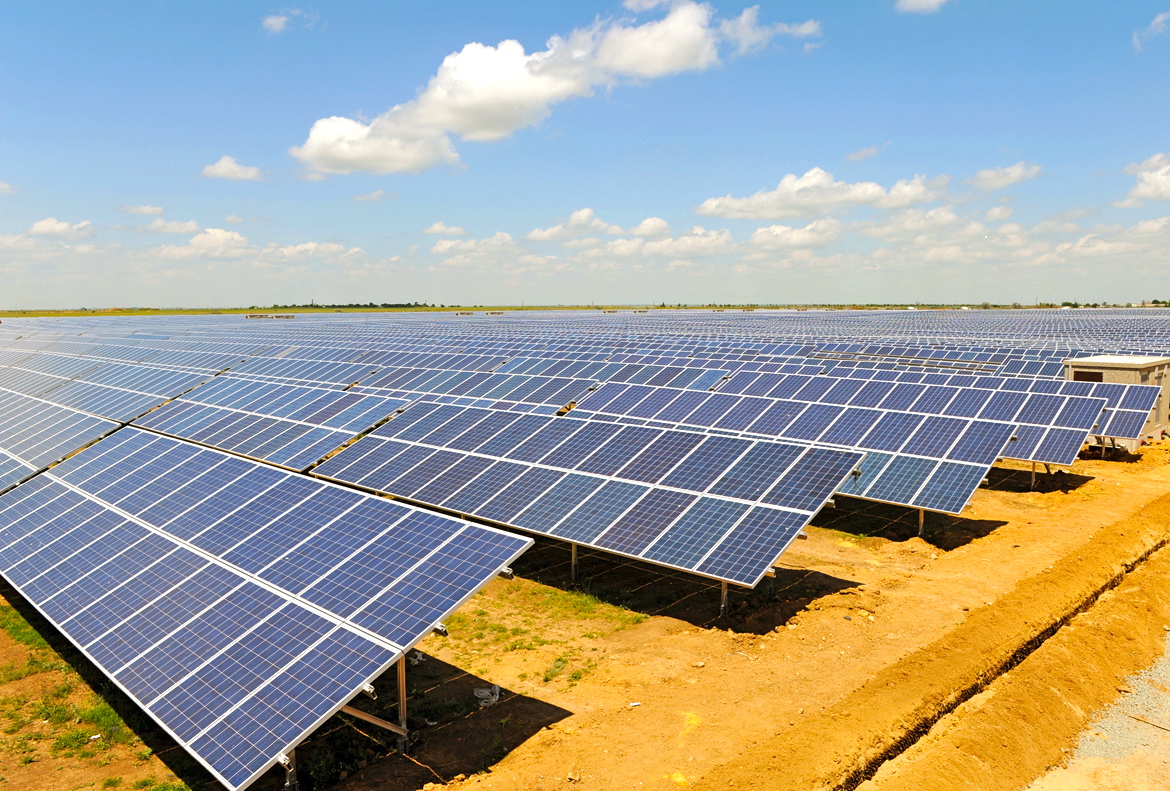Our recommendations
Delays in Power Purchase Agreements (PPAs) Pose Challenges to India's Renewable Energy Growth
Delays in Power Purchase Agreements (PPAs) Pose Challenges to India's Renewable Energy Growth
New Delhi, India | December 2024 – India's renewable energy sector, a key pillar in the country’s transition towards a sustainable energy future, is facing delays in the signing of Power Purchase Agreements (PPAs). These delays stem from regulatory uncertainties, financial constraints of distribution companies (discoms), grid infrastructure limitations, and tariff disputes, leading to potential setbacks in achieving India's ambitious 450 GW renewable energy target by 2030.
Key Challenges Leading to PPA Delays
Discoms' Financial Instability – Many state-owned discoms are burdened with financial debt, making them hesitant to commit to long-term PPAs and delaying payments to renewable energy developers.
Tariff Disputes – Conflicts between central and state regulatory bodies over tariff structures lead to prolonged negotiations, affecting project viability.
Grid Infrastructure Constraints – States with high renewable energy generation, such as Tamil Nadu and Maharashtra, struggle with inadequate transmission capacity, slowing the integration of new projects.
Policy Misalignment – Inconsistent renewable energy policies across states create uncertainty, leading to stalled PPA approvals.
Impact of Delayed PPAs
Project Timelines – Delays in commissioning renewable energy projects result in cost overruns and hinder energy transition goals.
Investor Confidence – Uncertainty over PPAs reduces investment attractiveness, increasing the risk perception in India’s renewable energy sector.
Policy Targets – The government’s vision for 450 GW of renewable energy by 2030 may be compromised due to sluggish PPA approvals.
Recommendations to Overcome PPA Delays
Strengthening Discom Financial Stability – Implementing payment security mechanisms such as letters of credit and escrow accounts can instill trust among developers and speed up PPA execution.
Enhancing Grid Infrastructure – Upgrading transmission lines and leveraging initiatives like the Green Energy Corridor will improve grid reliability and enable smoother integration of renewable projects.
✔️ Promoting Decentralized Renewable Energy Projects – Encouraging captive power generation, rooftop solar, and localized grids can mitigate PPA bottlenecks.
✔️ Tariff Certainty & Risk Mitigation – Implementing pre-defined tariff escalation models and faster dispute resolution mechanisms will foster a more predictable investment environment.
✔️ Capacity Building & Penalty Enforcement – Training discom officials and introducing penalties for unjustified PPA delays can enhance regulatory accountability.
✔️ Adopting Best Practices from Successful States – Rajasthan and Gujarat have demonstrated efficient PPA approvals due to strong policy frameworks and proactive renewable energy agencies. States facing persistent delays, such as Andhra Pradesh and Tamil Nadu, can benefit from these proven strategies.
As India pushes forward in its clean energy transition, addressing these structural and operational challenges in the PPA process will be crucial to ensuring steady renewable energy growth and investor confidence.
To read more, visit: https://vantedgeplus.com/perspectives/ppa-renewable-trends-india
For media inquiries, please contact: nsharma@eninrac.com
Do you want to seek Eninrac assistance in helping you resolve some critical business issues? Engage with us and reach out to our experts by using the Request for Proposal (RFP) form.
BEST VISION IS INSIGHT
Combine market knowledge and your skill to contribute value for end consumers

Transformer Sales Surge: ₹75,000 Crore Opportunity Ahead

Solar Parks Development Status in India

EU Solar Market 2024: Utility- Scale Resilience Amidst A Slumping Rooftop
Get started with
EI Market personalised demo
Complete the form to get in touch with our sales team to see our Visionboard platform in action. We'll show you how you can use eninrac to build a culture of action of consistently hunting down and eliminating poor market research expriences across your companies line of business


